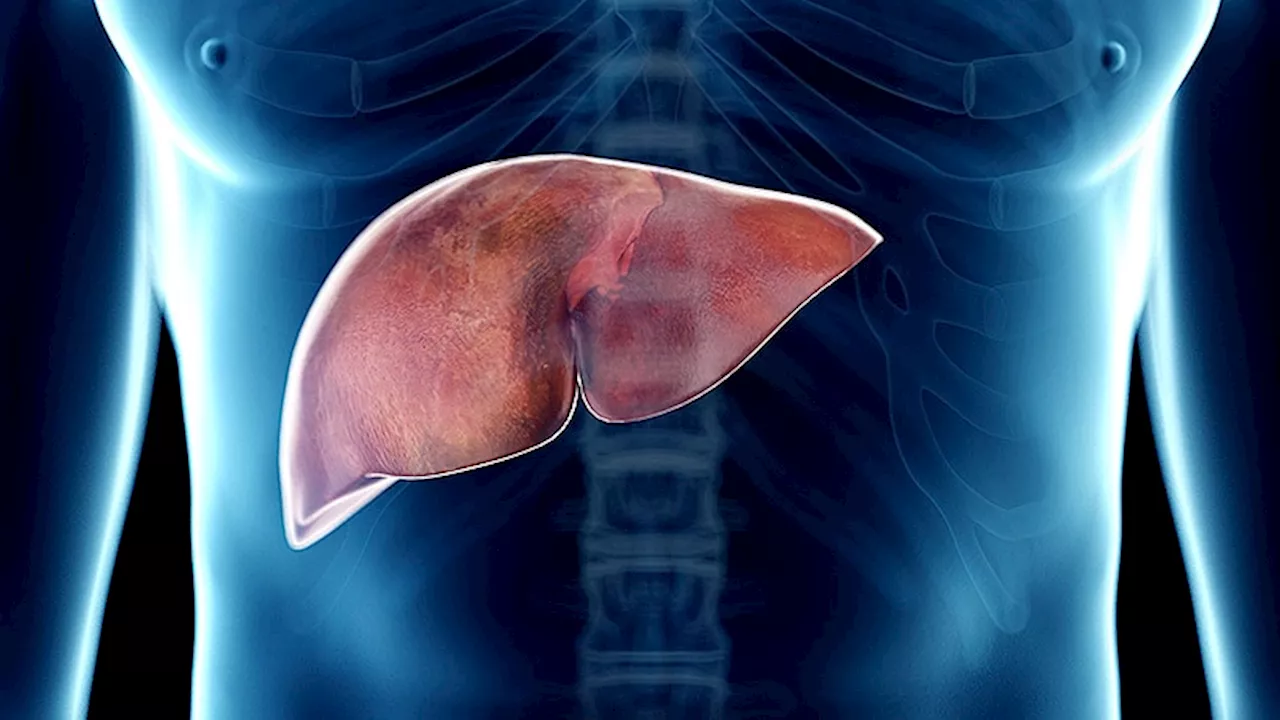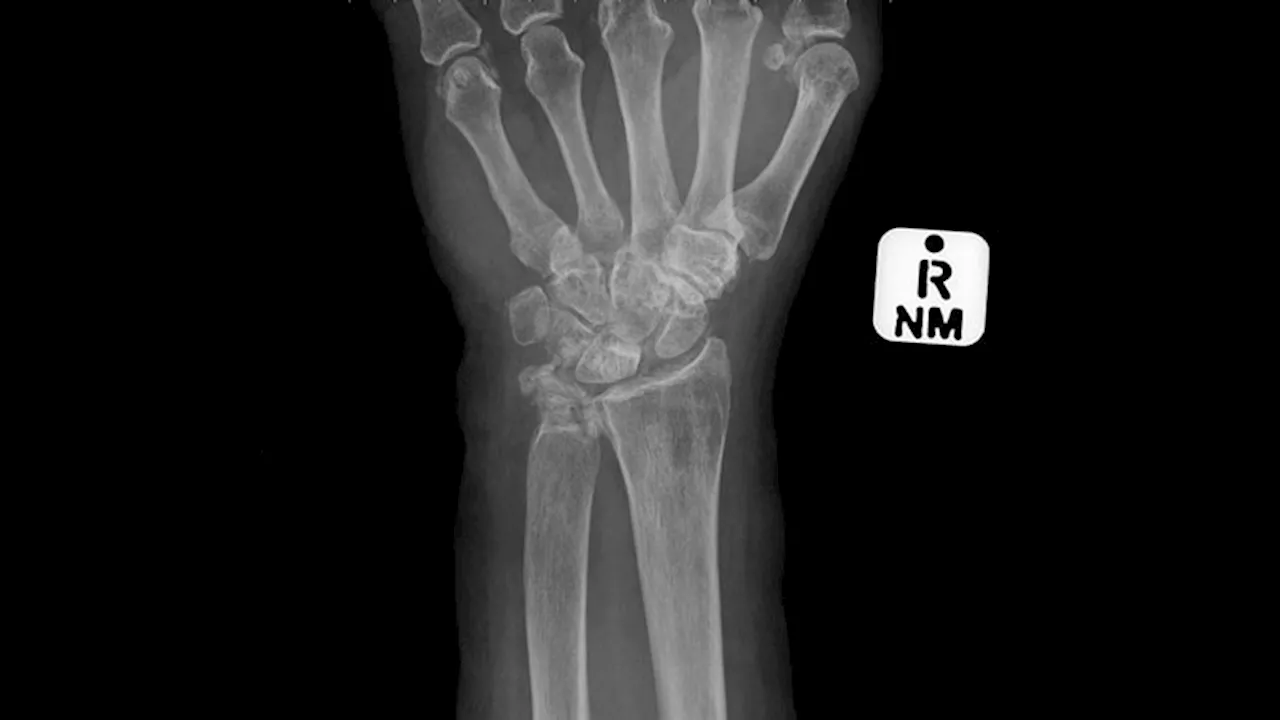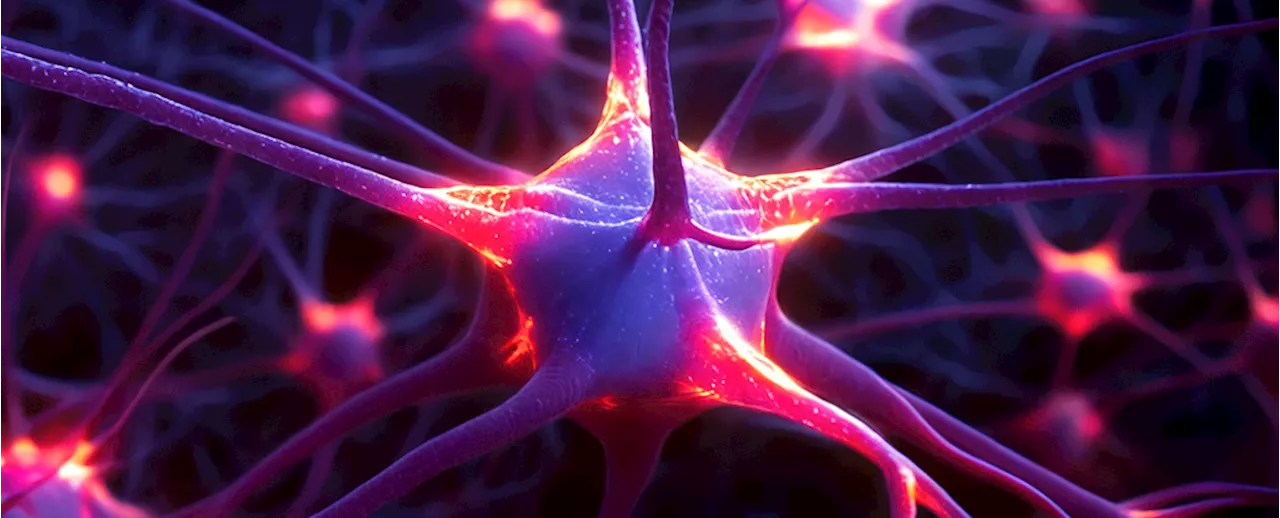A new study published in Science Advances details a groundbreaking approach to treating Parkinson's disease using nanoparticles. These nanoparticles, engineered to restore dopamine levels and break down harmful protein buildup, show significant potential in reversing the disease's effects. Delivered to the brain via light activation, the nanoparticles act as tiny repair crews, revitalizing damaged neurons and clearing out the protein clusters that contribute to Parkinson's.
designed to reverse the key effects of the disease by restoring low dopamine levels and breaking down the build up of harmful protein threads called fibrils.Science AdvancesAfter delivery into the brain, the nanoparticles use their antibodies to bond with their neural targets, activating by absorbing near-infrared light shone through the skull.
"These orchestrated actions restored pathological dopamine neurons and locomotor behaviors of Parkinson's disease,"The approach differs from common methods of treating Parkinson's by – a neurotransmitter with a major role in managing fine motor control in the body. Over time, pharmaceutical treatments put patients at risk of side unwanted effects, including tremors., the nanosystem 'reawakens' damaged neurons, removing the need for problematic drugs. Rather than just pumping in more dopamine, it gets the dopamine factories working again under the body's own guidance.
"An ideal therapeutic system for reducing the accumulation of neuronal alpha-synuclein aggregates, which has been a great challenge, would simultaneously disaggregate alpha-synuclein fibrils and initiate the autophagic process,"Having only been tested in mice and cell models in the lab under limited conditions, the method won't be applied to humans any time soon.
"Overall, this proof-of-concept study provides valuable insights for future investigations aiming to expand the field of deep brain stimulation without the need for additional implantation of conduits or genetic manipulation,"
PARKINSON's DISEASE NANOPARTICLES DOPAMINE PROTEIN BREAKDOWN DEEP BRAIN STIMULATION
United States Latest News, United States Headlines
Similar News:You can also read news stories similar to this one that we have collected from other news sources.
Pacers Show Promise After Recent Trade and VictoriesThe Indiana Pacers are showing signs of improvement after acquiring Thomas Bryant in a recent trade. The team has recorded two significant wins, demonstrating progress on both offense and defense.
Read more »
 Michigan State Spartans Show Promise in Early Season under Tom IzzoThe Michigan State Spartans are off to a strong start in the 2024-25 season, displaying a winning mentality and cohesive team play.
Michigan State Spartans Show Promise in Early Season under Tom IzzoThe Michigan State Spartans are off to a strong start in the 2024-25 season, displaying a winning mentality and cohesive team play.
Read more »
 AI-Powered Treatment Strategies Show Promise but Need More DataA new study reveals that Reinforcement Learning (RL) has the potential to revolutionize healthcare by guiding physicians in designing personalized treatment plans. However, significant advancements are needed to overcome data limitations before RL can be widely implemented in clinical settings.
AI-Powered Treatment Strategies Show Promise but Need More DataA new study reveals that Reinforcement Learning (RL) has the potential to revolutionize healthcare by guiding physicians in designing personalized treatment plans. However, significant advancements are needed to overcome data limitations before RL can be widely implemented in clinical settings.
Read more »
 GLP-1 Receptor Agonists Show Promise in Treating Metabolic-Associated Fatty Liver Disease (MASLD)This news article explores the potential of GLP-1 receptor agonists in treating MASLD and MASH, highlighting the expertise of Dr. Sujit V. Janardhan and the importance of addressing both weight loss and underlying metabolic conditions for effective disease management.
GLP-1 Receptor Agonists Show Promise in Treating Metabolic-Associated Fatty Liver Disease (MASLD)This news article explores the potential of GLP-1 receptor agonists in treating MASLD and MASH, highlighting the expertise of Dr. Sujit V. Janardhan and the importance of addressing both weight loss and underlying metabolic conditions for effective disease management.
Read more »
 IL-6 Receptor Inhibitors Show Early Promise for CPPDStudies have suggested that IL-1 beta activation leads to IL-6 production, which could provide an alternative to current therapeutic strategies.
IL-6 Receptor Inhibitors Show Early Promise for CPPDStudies have suggested that IL-1 beta activation leads to IL-6 production, which could provide an alternative to current therapeutic strategies.
Read more »
 Seahawks Show Promise Despite Loss to VikingsDespite a 27-24 loss to the Minnesota Vikings, the Seattle Seahawks displayed resilience and potential, offering hope for the future.
Seahawks Show Promise Despite Loss to VikingsDespite a 27-24 loss to the Minnesota Vikings, the Seattle Seahawks displayed resilience and potential, offering hope for the future.
Read more »
